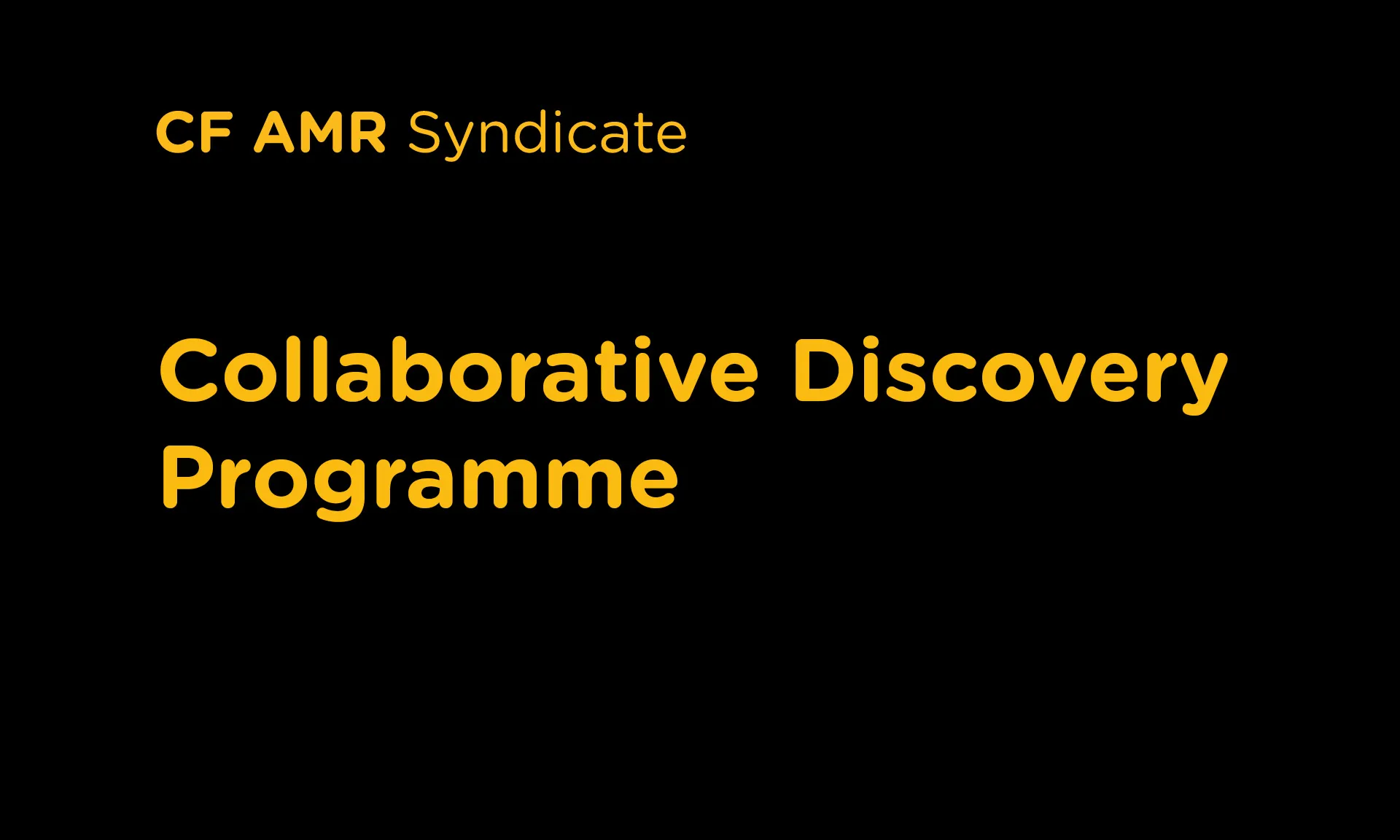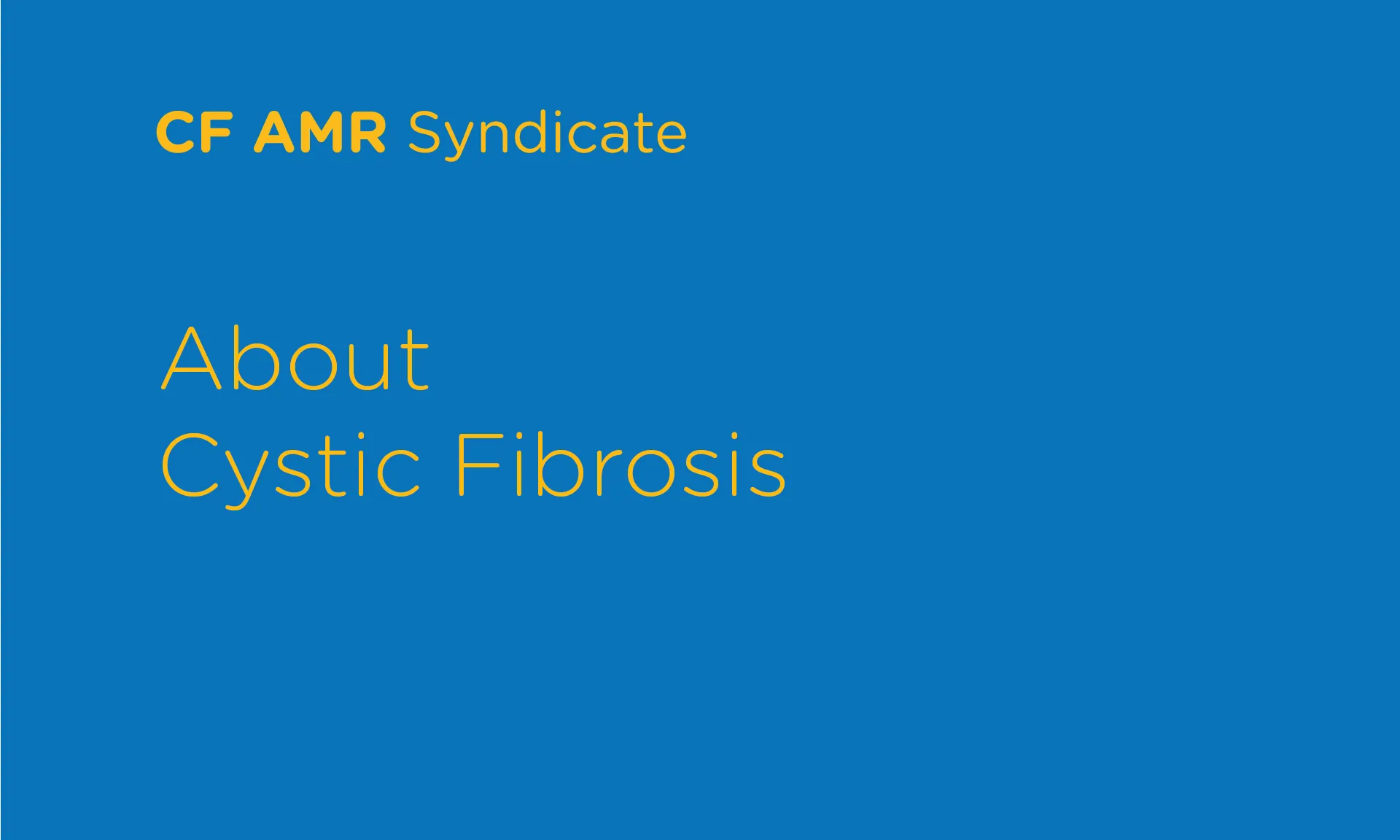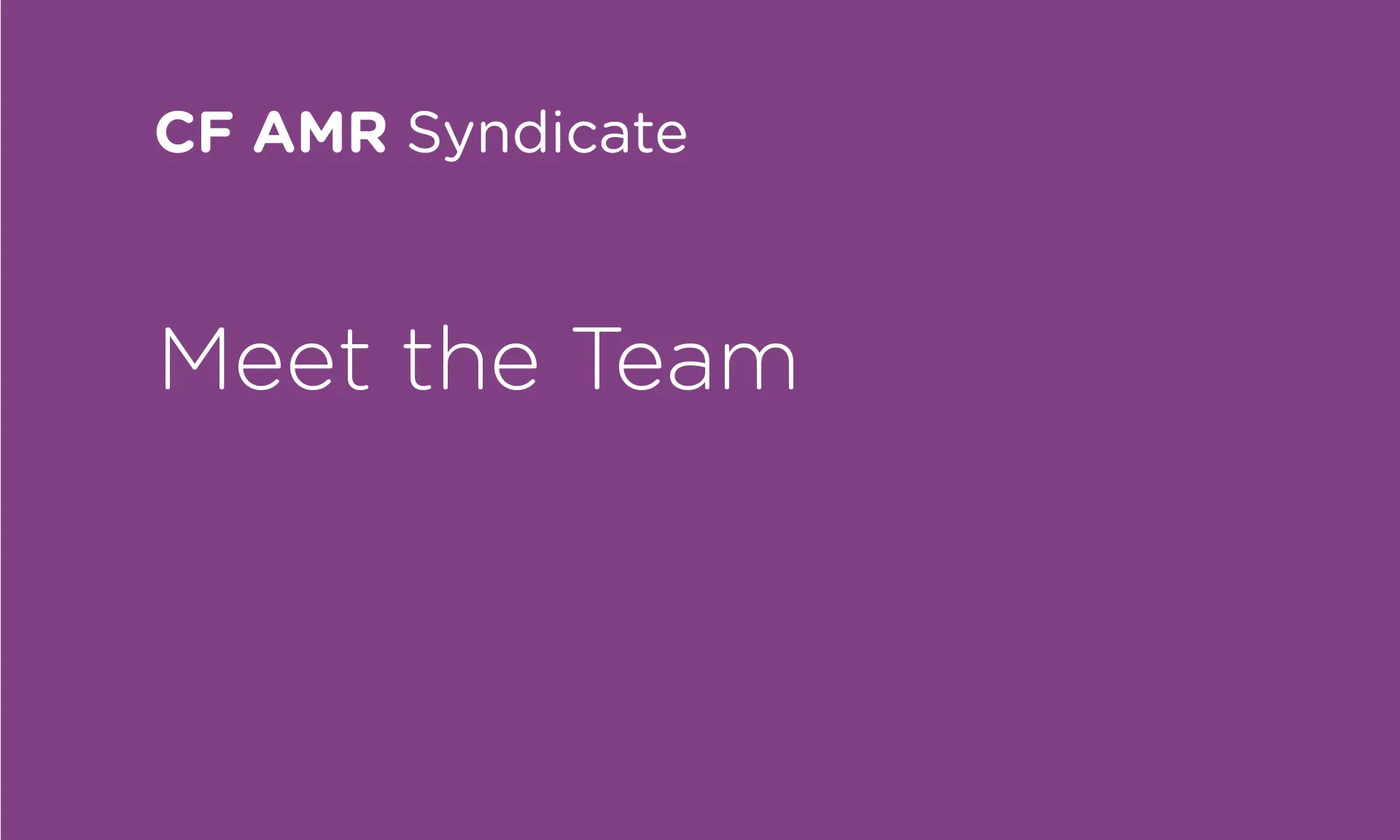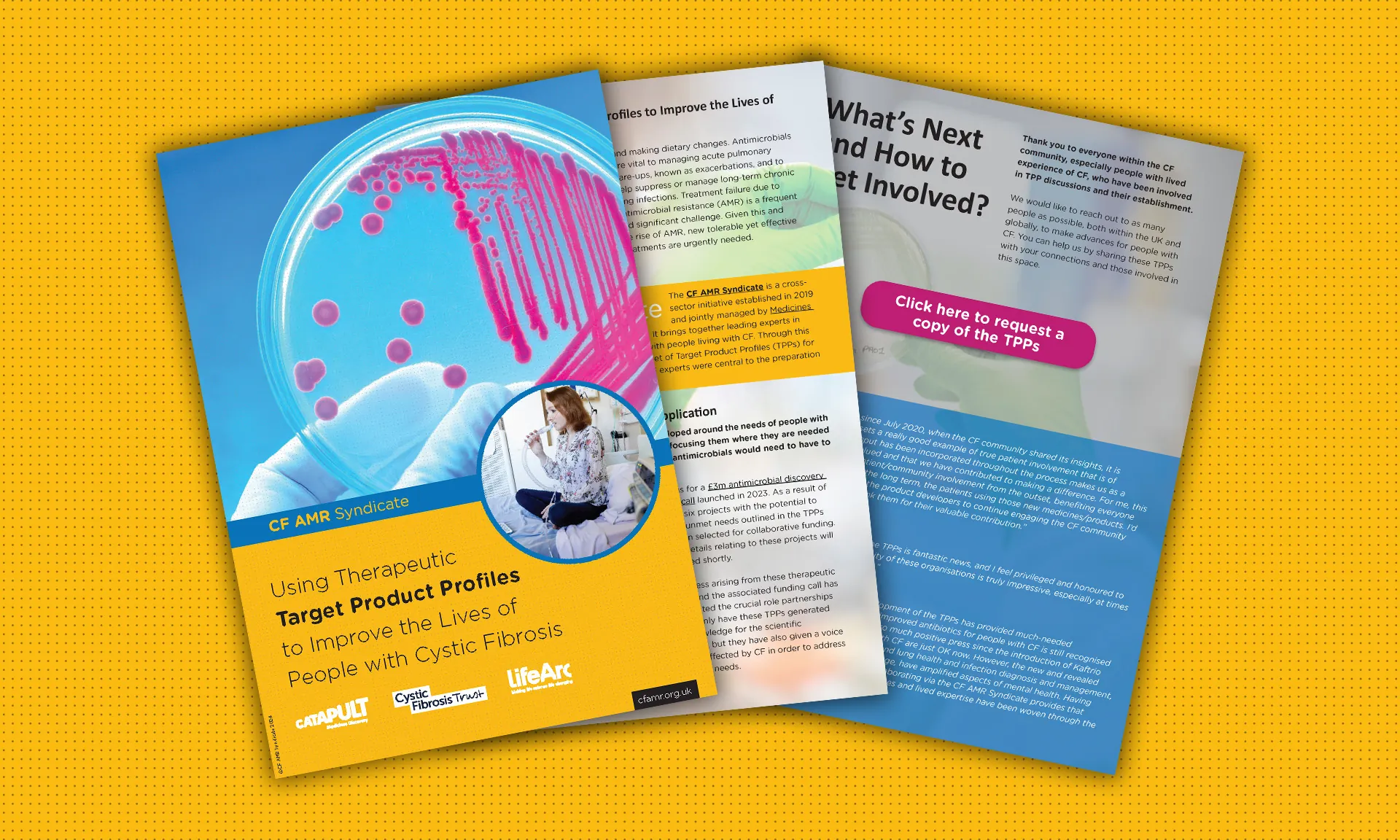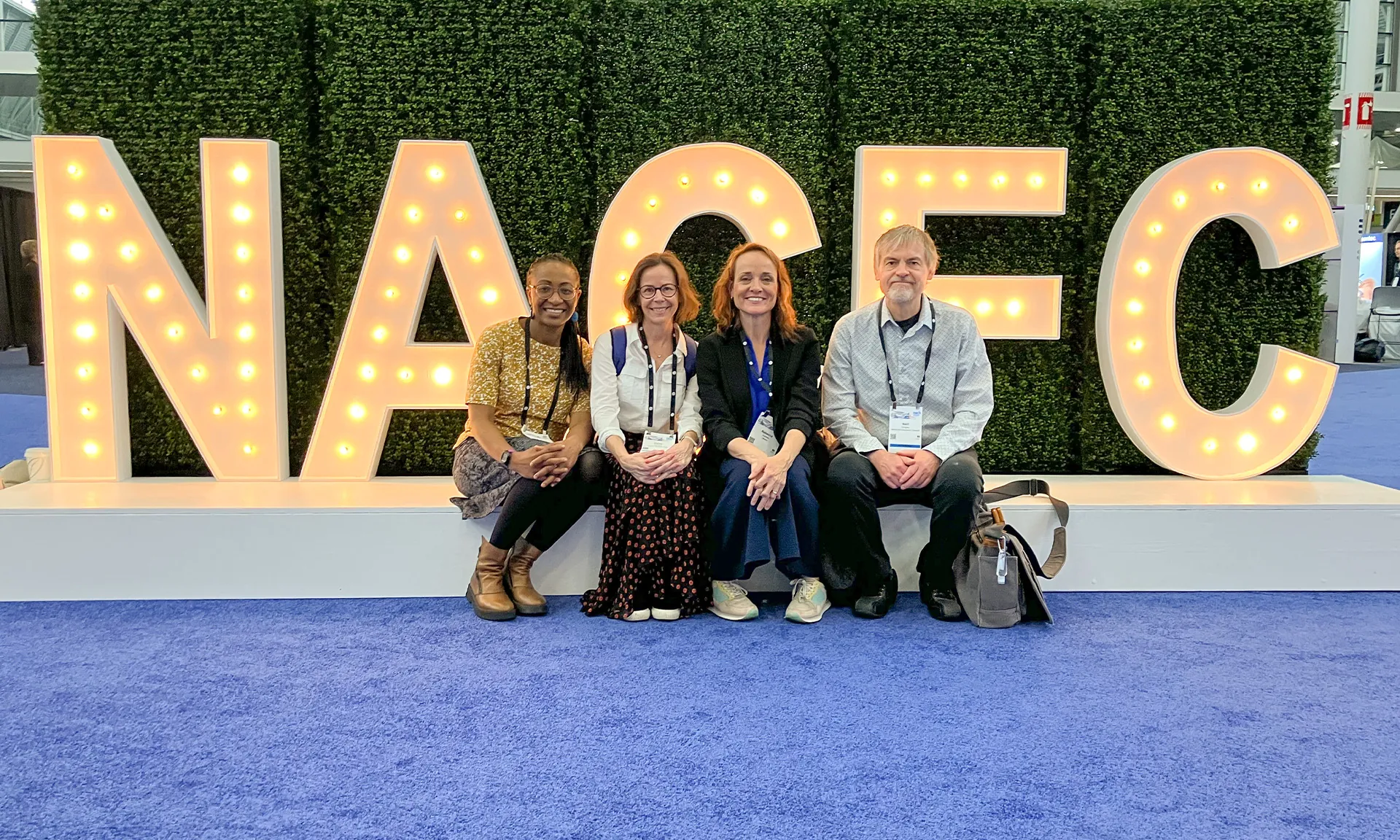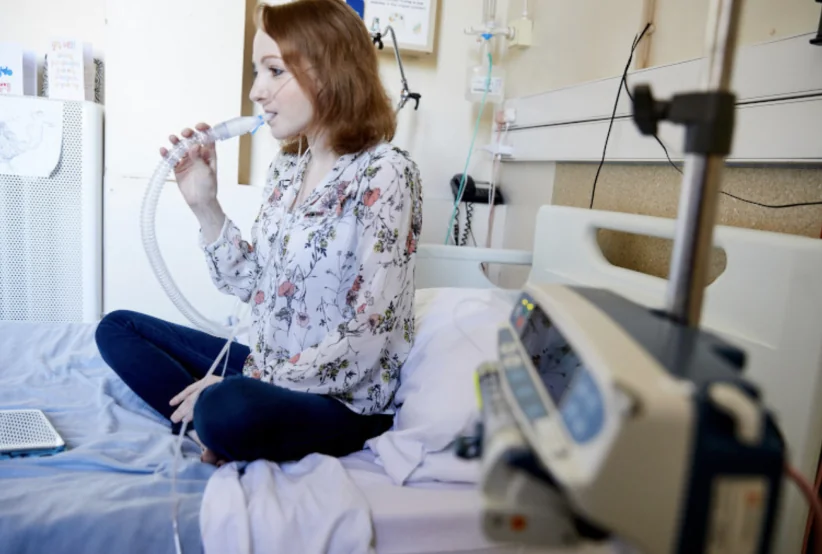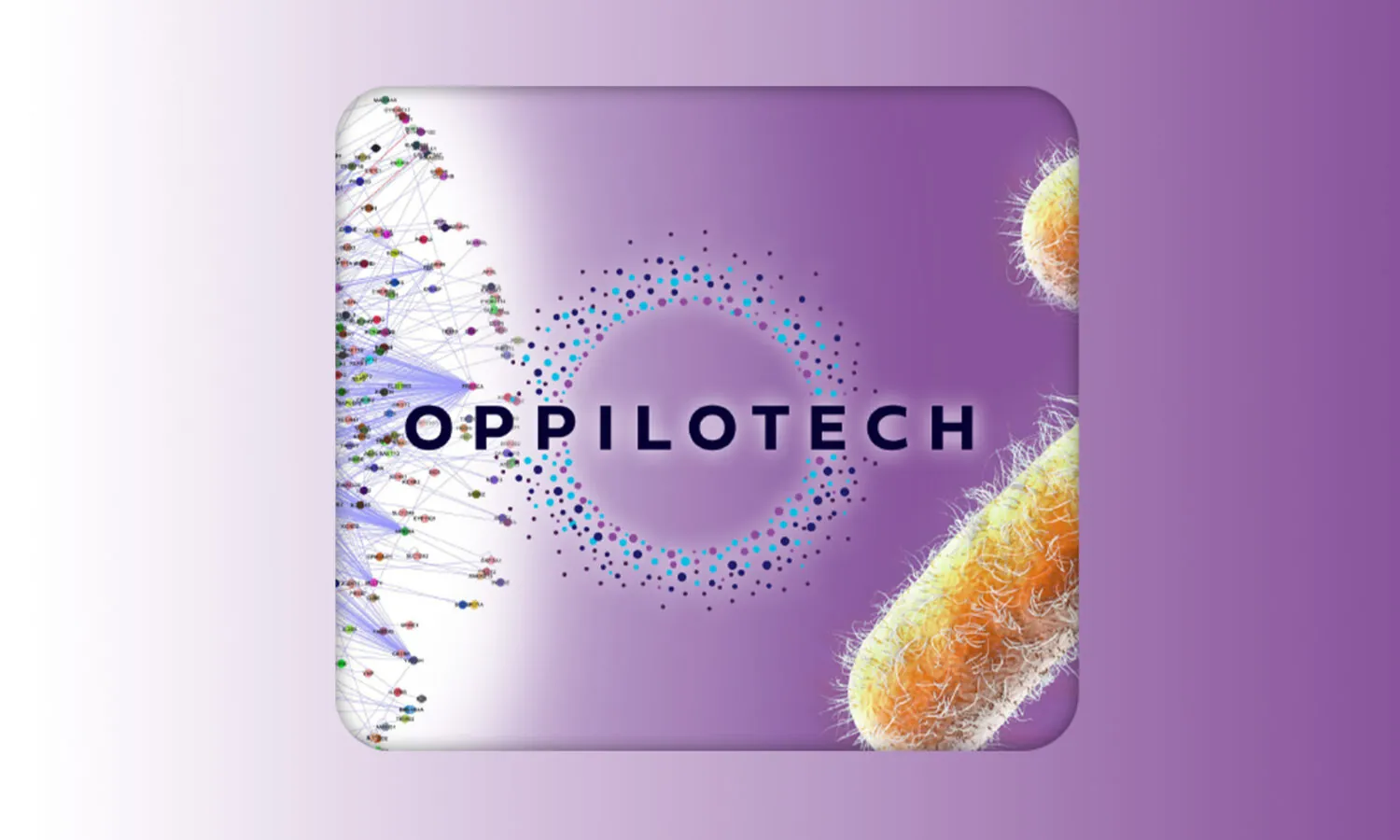We caught up with Dr Ajay Mistry, CEO, to discuss identifying new drug targets with Oppilotech. Oppilotech is an innovative UK SME that accurately simulates biological processes using its unique predictive computational modelling platform, which provides new insights into treating diseases.
Ajay, can you tell us about Oppilotech?
Oppilotech is developing a pipeline of first-in-class drugs. To do this, we have used systems biology and machine learning to build some of the most detailed computational models of bacteria ever assembled. Our proprietary computational methods accurately simulate and track biochemical processes in cells at unprecedented levels of resolution. This provides deep insights into biology, which traditional methods could not have identified before, enabling us to identify non-intuitive, viable targets for drug intervention. We then develop drugs against these targets. As a Company, we’re science-driven, passionate about the impact of our work on patients as well as being a fun place to work!
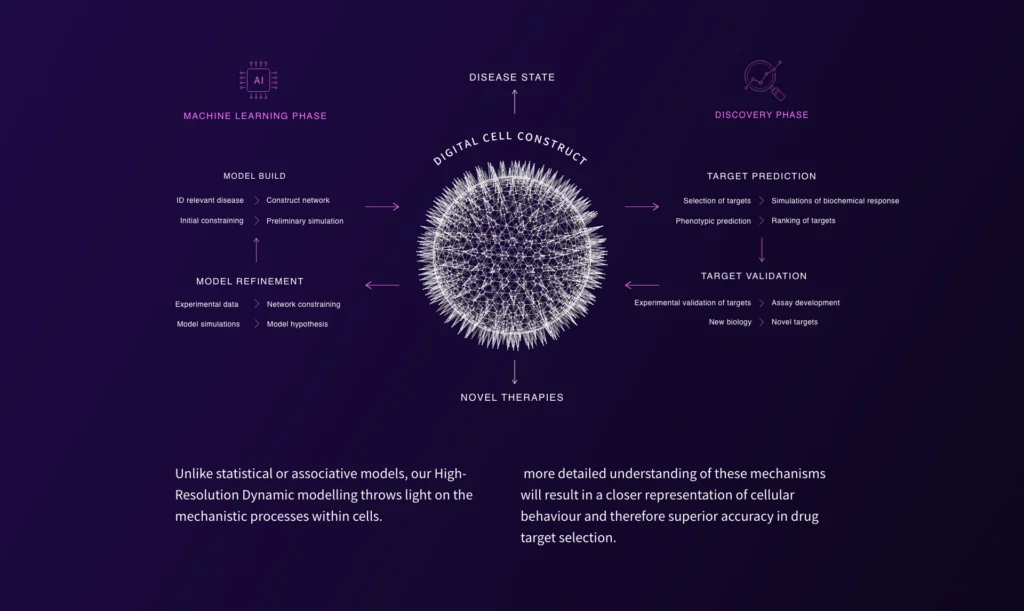
Why is it so important to select the right drug target, and how does your computation model help?
One of the most important challenges in drug discovery in any therapeutic area be it antibacterials, cancer, inflammation etc.. is identifying the most relevant biological target to aim the therapeutic efforts against. A selective high-quality drug molecule be it a small molecule, an antibody, RNAi or other modalities, will never become a medicine if it is modulating the wrong target. The unfathomable complexity of biology within cells often surprises scientists which can turn a promising drug target into a redundant one further down the development path. Often at a cost of millions of pounds and years of work. Even bacteria, are highly complex organized entities. An E.coli bacteria for example has around 4000 genes, which transcribes over 10 million different RNA species that can be translated into 132 million different proteins and producing over 300 million different metabolites. These components are highly organized, interactive moving parts all in a cell with a volume of 0.7micrometer cubed! Unravelling this complexity provides insight into optimal targets to inhibit – and that’s what our computational models aim to do. Cross the complexity gap and identify connections that not even the greatest human experts can do, due to the limitations of the human mind.
Can you tell us about any of the drug discovery programmes you have ongoing? How are they relevant to Cystic Fibrosis?
We have several early-stage programmes based on targets identified using our bacterial models. The programmes are all targeted at the difficult to treat Gram-negative group of bacteria and if successful would represent novel antibiotic classes. One of our programmes (OPT200) targets the biosynthesis of Lipid A, a component found in the outer envelope of Gram-negative bacteria such as Pseudomonas aeruginosa, which I’m sure you know is frequently associated with CF infections. Recently we have entered into co-development partnerships on two novel targets with Evariste Technologies (based in the UK) and Peptris (based in India). The partners have developed ligand discovery platform technologies that significantly cut the time required to identify clinical drug candidates. With all our programmes, we ensure that during the screening process we include panel of CF relevant clinical isolates thereby selecting for compounds that work against these bacteria.
Oppilotech has also developed microbiology lab services. Can you tell us a bit more about your offering and how the CF AMR community can get access?
Our Director of Microbiology Ed Siegwart has worked in CRO microbiology screening business for over 12 years. When he moved to Oppilotech he was still getting requests for service work, so we decided to set up microbiology services business. Ed is very passionate about helping early-stage companies developing antibacterials. We are well aware of the fund raising and commercial challenges for companies developing antibacterials so we offer work in a flexible, collaborative capacity to help companies generate key data packages to reaching their milestones. We have an extensive bacterial isolate collection of over 25000 bacterial isolates including CF pathogens. We offer a range of lab-based services including MIC, MBC, Checkerboard assays, Time kill etc. In addition, we can also undertake simulation projects using our bacterial computational models. We have worked with start-ups straight out of University through to Big Pharma clients. They include companies developing antibacterial assets specifically for infections associated with CF. We are very approachable – so if any of the CF communities require isolates, help with screening or just want to know what we do – come talk to us!
What’s next for Oppilotech?
We’re going to continue pushing the development of our internal programmes toward the clinic and expanding our services so we can work with more companies in the antibiotics space. In addition, we’re always open to partnerships around our modelling to see if there is scope to initiate additional drug discovery programmes.
Identifying new drug targets with Oppilotech, an interview with CEO Dr Ajay Mistry.

